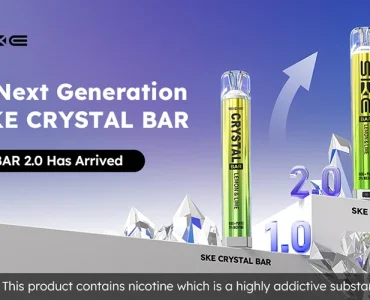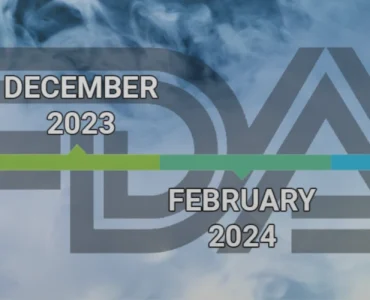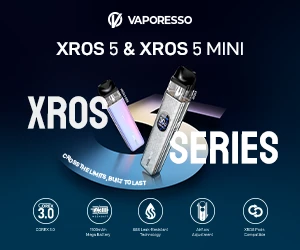Australia is cracking down on what is commonly referred to as “recreational vaping” by introducing a complete ban on the import and manufacture of disposable vapes from January 2024.
The ban on single-use vape devices shouldn’t come as a surprise to Australians. It has been in the offing since at least May when Health Minister Mark Butler announced the government’s intention to stop the sale of what he called “another addictive product, wrapped in shiny packaging and added sweet flavors to create a new generation of nicotine addicts.“
Concerns over recreational vaping, or vaping for reasons other than as a way to quit smoking, aren’t new and aren’t unique to Australia. Several other countries in the region, including Singapore, have already banned vaping entirely, and Australian health professionals and anti-smoking charities have been calling for more progressive action to curb teenage vaping for years. For them, this ban on what many people see as a product aimed at teenagers is welcome.
“It is important to bear in mind that for some people, e-cigarettes have really helped,” says public health physician Professor Emily Banks from the Australian National University. Professor Bank went on to say, “You’re trying to bring these [vapes] in saying they’re a great way to quit smoking, but actually we’ve got bubble gum flavored vapes being used by 13-year-olds in the school toilets. That is not what the community signed up for.“
In 2021, Australia took the decisive step of banning the sale of vape devices without a prescription from a health professional. Yet despite it having been illegal for anyone in Australia to purchase a non-therapeutic vape since then, a University of Sydney study reported that a quarter of 14-17-year-olds had used a nicotine vape in 2023.
Poor regulation and a thriving black market have meant that teenagers still don’t find it difficult to source illegal vapes more than two years after it should have become almost impossible to do so. A study by Australia’s Cancer Council charity found that nine out of 10 teenagers in the 14-17 age group reported that it was easy to access nicotine vapes.
The new measures coming into effect, which also include the introduction of minimum quality standards and the restriction of all remaining vape sales to pharmacies, are hoped to further strengthen what are already some of the tightest nicotine control laws in the world.
Australia has one of the lowest smoking rates of any developed nation, largely due to the heavy taxation on tobacco that has made the habit prohibitively expensive. January’s single-use vape ban is part of a larger push to prevent what the health minister describes as a “new generation of nicotine dependency.”
The new law will come into effect on the 1st of January 2024 and will be followed by a ban on the import of refillable non-therapeutic vapes in March of the same year.









I am someone who lives in Australia, and also after going back and forth between vaping and smoking, and then finally kicking the smoking habit, I REALLY dont want to go back to having to smoke, and all because Ive run out of coils!? Or cant find a place to buy a replacement glass tank!! PLEASEEE will you deliver to South Australia?,
Hey Aisha. We do not sell anything directly, but instead link to online stores where our readers can purchase from. Unfortunately, I don’t think they ship to Australia as they are all U.S.-based.
But as far as I’m aware, you can purchase vapes with a nicotine concentration under 20mg/ml without a prescription; you just have to talk to the pharmacy. This should include coils.